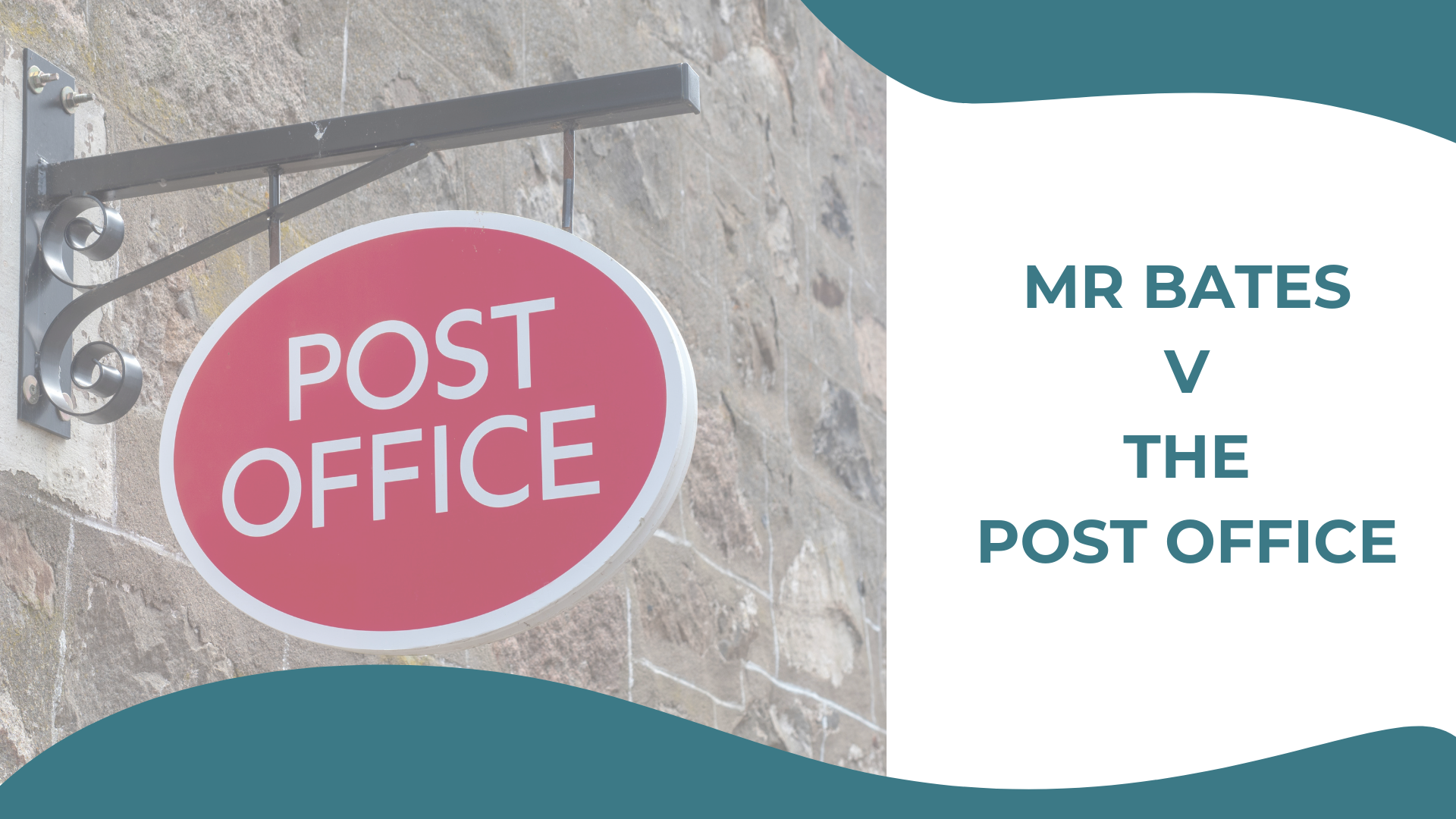After just over two years spent living in the wilderness, Henry Thoreau’s great learning expressed through his book Walden was the value of simplification.
We may want to reflect on our own wilderness (lockdown) experience. What’s our great learning/growth? Or is it too soon to tell?
Our own experience, echoed by many others we have spoken to, resonates strongly with Thoreau. Yes, we have been deeply challenged by the different rhythms and felt the pain as we have been gradually weaned off the adrenalin rush of the bustle and busy-ness of our packed days. For the first time in a very long time, our early morning walks have enabled us to see spring burst out of the dank wet earth of winter. We have had to become more intentional about exercise and what we eat. The complexities of our days have been stripped back to simpler routines.
We know that our lockdown experience won’t be the same as yours. Experiences may be different, but we have all been affected in some way. As we slide into a season of being unlocked and a transition into whatever comes next, how quickly will we forget what we may have learnt?
Our individual experiences also apply to organisations. We have been running structured sessions with clients these past few weeks to facilitate thinking on what has happened and what comes next. In one of these sessions, the Executive team of a NHS Trust who have been in the thick of the action reflected on how much of the ‘noise’ in the health system had been removed. It was liberating. Levels of bureaucracy were stripped away. Decisions were made. Work was simplified. Teams bonded. People were empowered. Collaboration was effortless.
As lockdown relaxed, their greatest fear was that the noise would return.
For some of our clients, the experience of not having to abide by complicated procedures and policies has been truly liberating as resources can now be targeted more effectively. In the NHS for instance, service senior executives have remarked that the suspensions of whole levels of bureaucracy meant that board-level decisions could be implemented more quickly ensuring agility and increased efficiencies.
A different reflection has been the rapid shift to home working. Notwithstanding the challenges many have had in finding working spaces in their domestic setups, many people have been surprised how easy it was to work from home. For many, working from home has increased their efficiency. It’s given people greater autonomy and flexibility. It’s given us a window into the lives of our colleagues and their families. What is even more surprising for many is how seamless the transition from office work to working from home happened.
Remember the bureaucracy that would have wrapped itself around a request to work from home pre-lockdown? Risk assessments. Network access. Device and user authentication. MAC and IP address management. Data storage and backup. Security. And many more hurdles to jump, not least the psychological chains of command and control that bind people to the office: ‘If you are in the office, I can see that you are working!’
What does your Remote Working Policy say? What should it now say?
Whatever good intentions may have driven the governance structures, policies, processes, requirements that weave their way into our organisational life, we now have a unique window of opportunity to really ask ourselves why we need them.
The backdrop to the coming few years is likely to be recession. Red ink will splatter the carefully crafted budgets set at the start of 2020. Cash will be in short supply. As we have reflected on how we can still grow during times of adversity some patterns are emerging. We can’t see clearly yet, but three important stand-out areas we are observing are:
- Purpose: be clear about what the core purpose of your organisation is, so that this becomes the catalyst and focus for how you work.
- Simplification: understand the value of what you do and how this delivers your core purpose. Seize this moment to be courageous and simplify.
- People: we have rediscovered that our people are the heartbeat of our organisations. Much goodwill has been built up these past few months. With the dark shadow of recession and possible job losses hanging over many organisations, how we keep the focus on people and re-energise our teams becomes critical. Who we have in organisations will define our future.
We know this is not an exhaustive list, but do you see the importance of these three things too?
Some questions to ponder:
- Are you clear about your core purpose and are you using this to re-energise and refocus the organisation?
- How will you keep things simple and decluttered?
- What’s work going to look like for people going forward?
We hope you find this helpful. Please let us know what you think of this article. If you found it helpful, please share it with colleagues and others in your network. Feel free to explore more insights or get in touch with us, we’d love to chat.




